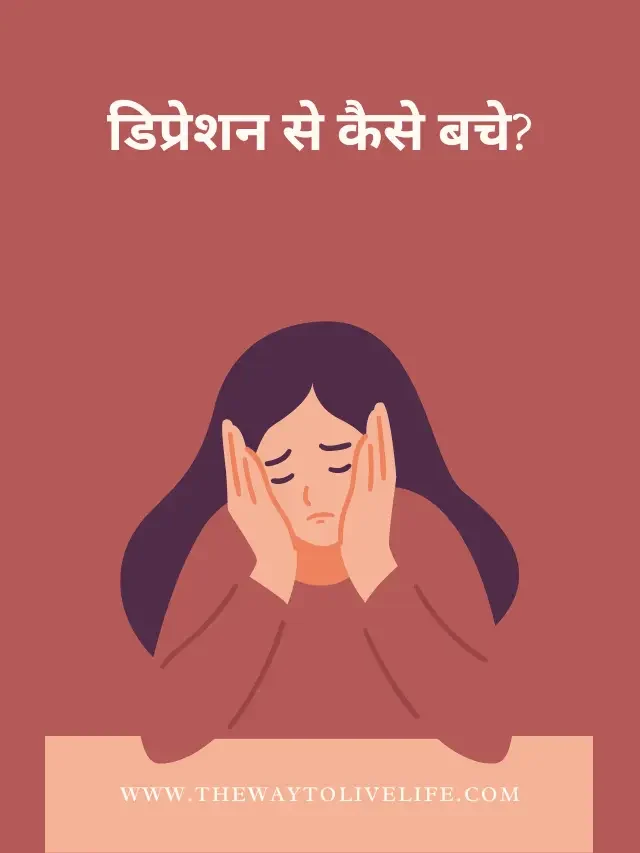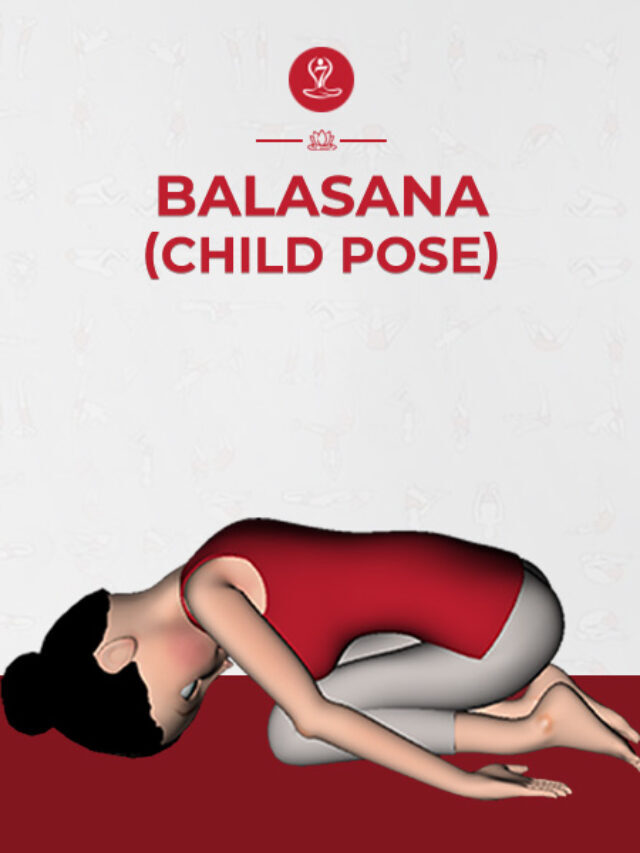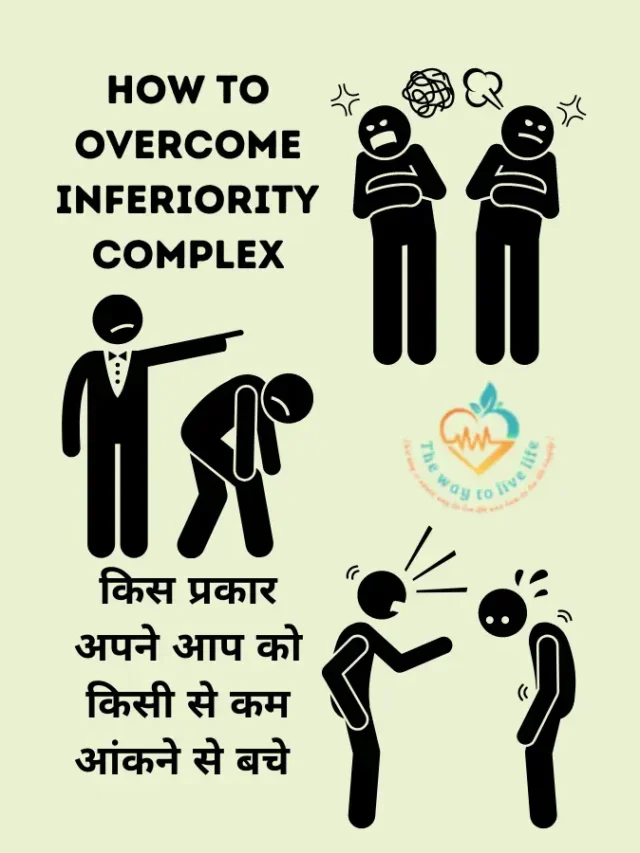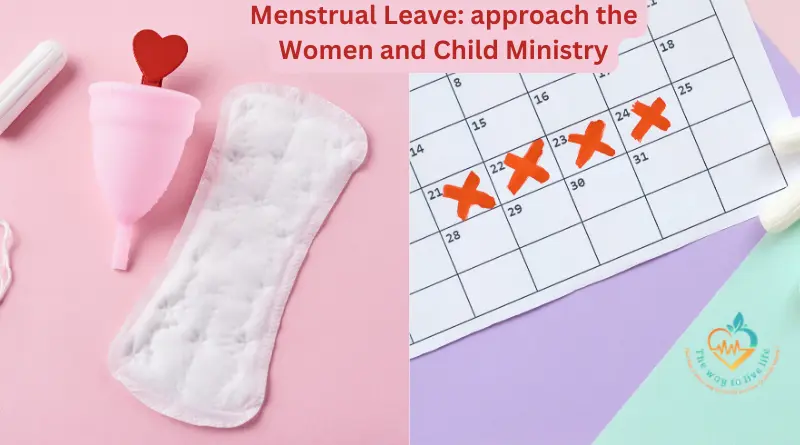Supreme Court refuses to entertain PIL seeking Mensuration Leave
On Friday 24th February 2023, the Supreme Court of India rejected a public interest litigation (PIL) seeking menstrual leave for female students and working women across the country, stating that the issue falls within the policy domain.
The petition was filed by Advocate Shailendra Mani Tripathi and was heard by a bench comprising Chief Justice DY Chandrachud, Justice PS Narasimha, and Justice JB Pardiwala.
During the hearing, an intervenor argued that allowing menstrual leave might discourage employers from hiring women. Chief Justice DY Chandrachud also noted that if employers were compelled to grant menstrual leave, it could disincentive them from hiring women altogether.
The bench suggested that the petitioner could file a representation before the Union Ministry of Women & Child Development, as the issue has policy dimensions. Chief Justice DY Chandrachud, while dictating the order, said, “Having regard to the policy dimension in the case, the petitioner may approach the Women and Child Ministry to file a representation.”
The PIL argued that denying menstrual leave to women was a violation of Article 14 of the Indian Constitution, which mandates equality before the law. The petition also highlighted the lack of legislative will to move forward with the concept of menstrual pain leave, despite the introduction of bills proposing it in the past.
The petition also cited several countries, including the UK, China, and Japan, that already provide menstrual leave in some form.
The Supreme Court’s decision highlights the challenges of balancing the needs of female employees with the requirements of employers and the policy dimensions of the issue. It remains to be seen whether the petitioner will approach the Women and Child Ministry and whether menstrual leave will become a more widely recognized right for women in India.
Background
In July 2021, the Supreme Court of India made a decision regarding period leave for women in the workplace. The court ruled that employers are not legally required to provide paid menstrual leave to female employees.
The decision was made in response to a petition filed by a woman who argued that menstruation is a natural biological process and that women should be entitled to paid leave during their periods. The petitioner cited the example of several countries, including Japan, Indonesia, and Taiwan, that have laws requiring employers to provide menstrual leave.
However, the Supreme Court rejected the petition, stating that there is no constitutional or statutory provision that mandates period leave for women. The court also noted that menstrual cycles vary in duration and intensity, and it would be difficult to determine how much leave should be granted to women for their periods.
The court’s decision was met with mixed reactions. Some women’s rights activists expressed disappointment, arguing that the ruling ignores the fact that menstruation can be a painful and debilitating experience for many women. They also argued that providing period leave would help to reduce the stigma surrounding menstruation and promote gender equality in the workplace.
Others, however, welcomed the decision, arguing that it would prevent discrimination against women in hiring and promotion processes. They also noted that employers already provide sick leave and other forms of leave that can be used for menstrual cramps or other related conditions.
Overall, the Supreme Court’s decision highlights the ongoing debate over period leave for women and the challenges of balancing the needs of female employees with the requirements of employers. As India and other countries continue to grapple with this issue, it remains to be seen whether period leave will become a more widely recognized right for women in the workplace.










